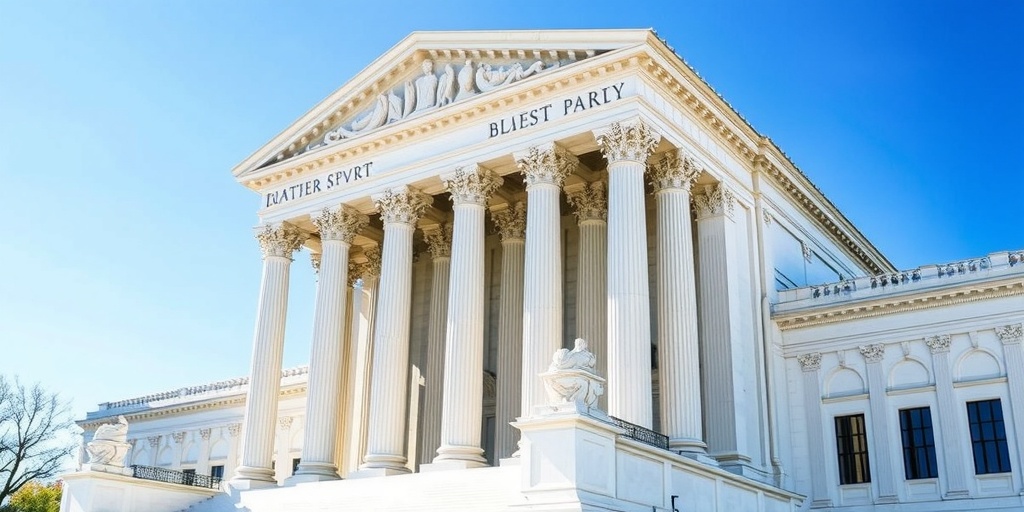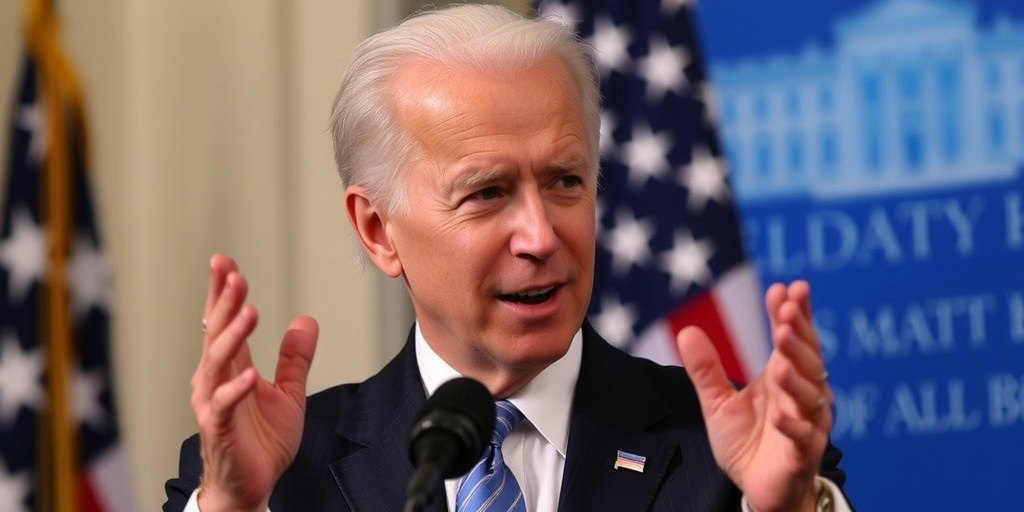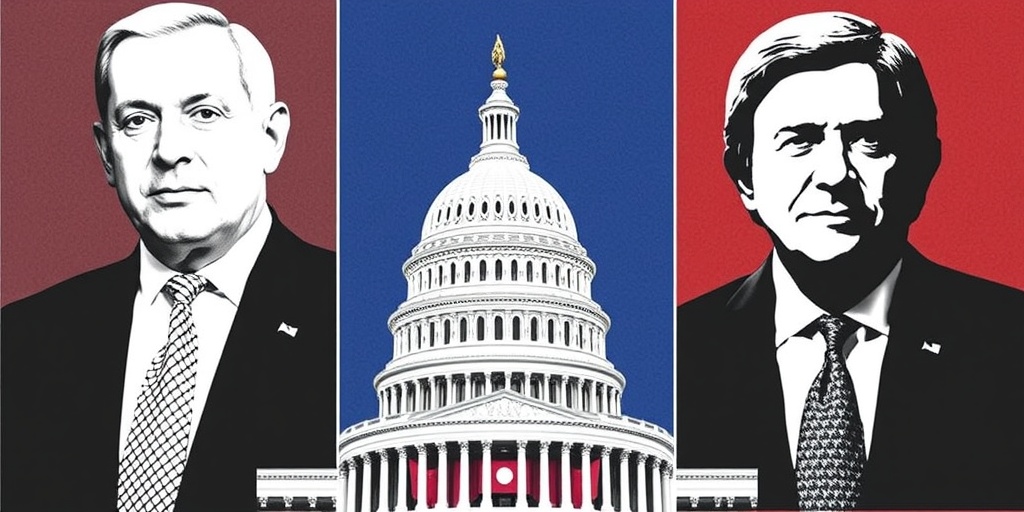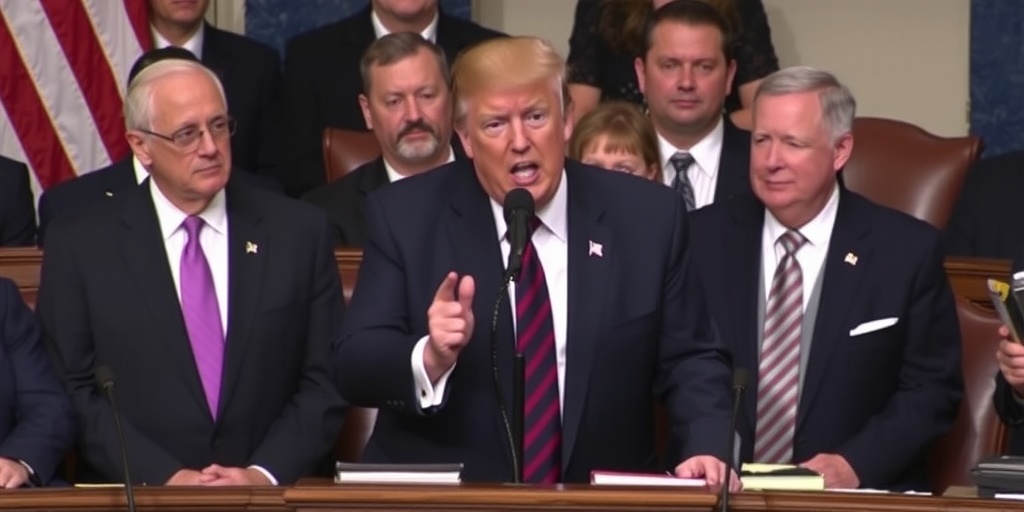Now Reading: Trump’s NIH Chief Nominee Faces Senate Scrutiny
-
01
Trump’s NIH Chief Nominee Faces Senate Scrutiny
Trump’s NIH Chief Nominee Faces Senate Scrutiny
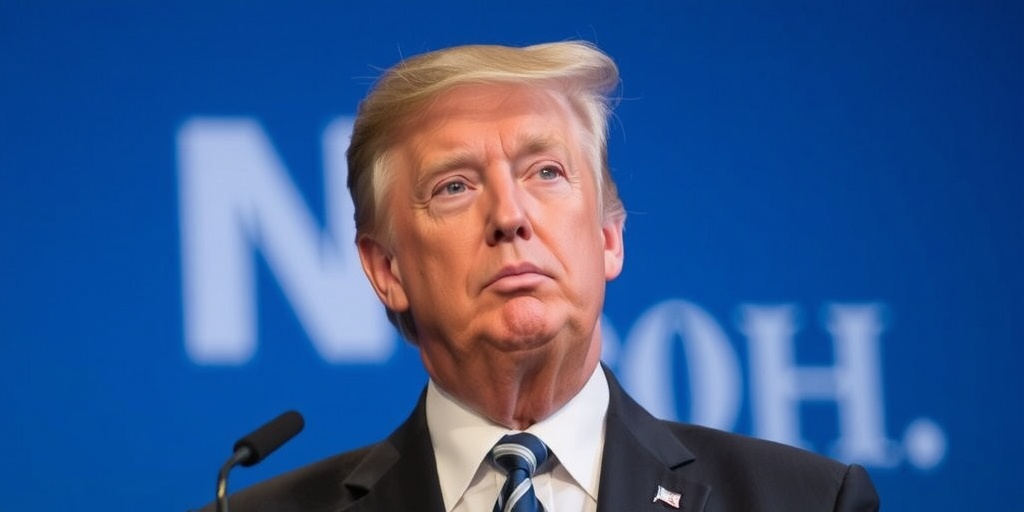
Senate Hearing for Dr. Jay Bhattacharya as NIH Director Amid Controversial Background
Dr. Jay Bhattacharya, a renowned health economist from Stanford University, faced a rigorous interrogation by the Senate health committee on Wednesday morning as he was considered President Trump’s nominee to lead the National Institutes of Health (NIH). The NIH, known as the world’s largest funder of biomedical research, operates with an impressive budget of $48 billion and encompasses 27 various institutes and centers dedicated to advancing health expertise and science.
In recent times, the NIH has been embroiled in controversy due to the Trump administration’s attempts to curb government expenditure and reduce the federal workforce—initiatives that have raised concerns among the scientific community regarding funding and support for critical research. Just hours prior to Dr. Bhattacharya’s hearing, the Department of Government Efficiency, a cost-reduction initiative overseen by billionaire entrepreneur Elon Musk, announced the cancellation of several NIH grants, casting a shadow over the agency’s already strained resources.
Dr. Bhattacharya, possessing both a medical degree and a professorship in medicine, comes with a unique set of qualifications. However, he has not practiced medicine directly, leading to skepticism among some opponents. Throughout his career, Dr. Bhattacharya has advocated for significant restructuring within the NIH, expressing a desire to lessen the influence of "scientific bureaucrats" whom he believes can monopolize a field for extended periods. His views on public health and medicine have often put him at odds with many scientists whose work is overseen by the NIH.
During the hearing, Dr. Bhattacharya defended his positions, which are notably distinct from the mainstream scientific consensus. While he has voiced support for vaccines and has publicly dismissed claims linking immunizations to autism, he has also made statements indicating that he cannot completely dismiss the possibility of such a connection, a point that has raised eyebrows in the scientific community. Notably, extensive research has robustly disproven any connection between vaccines and autism.
Dr. Bhattacharya has gained attention not only for his opinions but also as a prominent figure in court cases that challenged Covid-19 measures, including mask mandates. However, his involvement in these cases has drawn criticism, with some judges questioning his credibility and accusing him of neglecting established facts. Critics also highlight that, although he has contributed to studies on health policies, such as drug pricing and the correlation between various health insurance types and HIV mortality, his background lacks the direct experience in biomedical research that the NIH prioritizes.
Despite the criticisms, Dr. Bhattacharya has garnered a supportive base who believe that he could catalyze essential reforms at the NIH. Advocates argue that his unconventional views on Covid-19 might bring about a fresh perspective in an agency that many perceive as needing revitalization.
One of the pivotal moments in Dr. Bhattacharya’s rise to national prominence occurred during the peak of the pandemic in October 2020 when he co-authored the controversial Great Barrington Declaration. This document advocated for a strategy labeled “focused protection,” which proposed protecting the elderly and vulnerable populations while allowing the virus to circulate among younger, healthier individuals. The declaration sparked intense backlash from the nation’s medical leadership, including Dr. Francis S. Collins and Dr. Anthony S. Fauci, then-director of the National Institute of Allergy and Infectious Diseases, who labeled Bhattacharya and his co-authors as “fringe epidemiologists.” Dr. Collins emphasized the need for a prompt and thorough rebuttal to the declaration’s arguments.
As Dr. Collins recently stepped down as NIH director to return to laboratory research, anticipation grew for Dr. Bhattacharya’s potential appointment as he would likely aim to implement the changes he envisions for the institution. With the NIH at a critical juncture, many eyes are on Dr. Bhattacharya as he seeks to navigate the political challenges and scientific debates surrounding his nomination.
In conclusion, Dr. Jay Bhattacharya’s journey from a figure at the forefront of pandemic discourse to a nominee for one of the most prestigious health positions in the nation reflects larger themes of scientific debate, institutional reform, and the complexities of public health policy in the modern era. As the Senate health committee deliberates his nomination, the outcomes could have far-reaching implications for the future trajectory of the NIH and the public health landscape in the United States.
Stay Informed With the Latest & Most Important News
Previous Post
Next Post
-
 01New technology breakthrough has everyone talking right now
01New technology breakthrough has everyone talking right now -
 02Unbelievable life hack everyone needs to try today
02Unbelievable life hack everyone needs to try today -
 03Fascinating discovery found buried deep beneath the ocean
03Fascinating discovery found buried deep beneath the ocean -
 04Man invents genius device that solves everyday problems
04Man invents genius device that solves everyday problems -
 05Shocking discovery that changes what we know forever
05Shocking discovery that changes what we know forever -
 06Internet goes wild over celebrity’s unexpected fashion choice
06Internet goes wild over celebrity’s unexpected fashion choice -
 07Rare animal sighting stuns scientists and wildlife lovers
07Rare animal sighting stuns scientists and wildlife lovers













